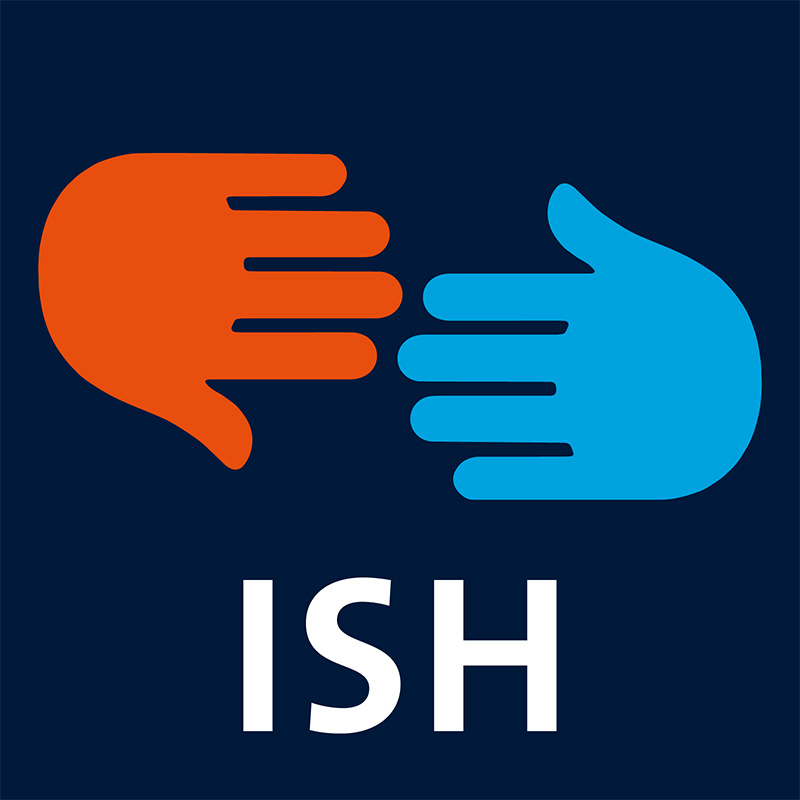In the Netherlands, employees aged 15 to 20 receive the youth minimum wage. The minimum wage will increase incrementally until the age of 21. If you get a part-time job as a student in the Netherlands, you’ll probably receive statutory minimum wage. The minimum wage is adjusted twice a year on 1st January and 1st July. Employers must pay all employees aged 21 and over at least the statutory minimum wage and the statutory minimum holiday allowance. If you have a job where you get at least the Dutch minimum wage, you will need to take out Dutch public health insurance. This mandatory when you:
- Have a temporary, part-time or full-time job (including paid internships and volunteering) with a Dutch employer
- Are self-employed in the Netherlands
- Pay income tax in the Netherlands
- Work for a Dutch employer remotely
For more information about taking out Dutch health insurance, check out our health insurance section.
Payment method and payslips
Dutch law requires that the statutory minimum wage always be paid by bank transfer; for this, you’ll need a SEPA account and an IBAN. However, if you’re paid more than the statutory minimum wage, a bank transfer is not mandatory for the extra amount. This also applies to your holiday allowance, which may be paid in cash or with vouchers. Lastly, your employer must specify what minimum wage is applicable to you on your payslip.
EEA and Swiss nationals
If you’re from the EEA or Switzerland, you’re free to live and work in the Netherlands without the need for a work or residence permit. You do, however, need a valid passport or identity document. Aside from this, the only requirements are that you have the following:
Non-EU work permits
Living and working
According to Dutch law, non-EU employees, interns, volunteers, freelancers, civil servants and self-employed persons all need work permits. You will need the Gecombineerde vergunning verblijf en arbeid (GVVA, or combined residence and work permit). You or your employer can apply for the GVVA through the Immigratie- en Naturalisatiedienst (IND, or Immigration and Naturalisation Service).
Working and studying
If you’re a student from outside the EU, and have a valid residence permit for your studies and want to have a side-job during your studies, your employer will need to apply for a Tewerkstellingsvergunning (TWV).
As a non-EU student, Dutch immigration law restricts the number of hours you may work. You may either:
- Do seasonal work full-time (but only in June, July and August), or
- Work part-time throughout the rest of the year, but no more than 16 hours a week
You may not do both. However, freelancers can work unlimited hours.
Applying for a work permit
As we mentioned above, it is up to your employer or the employment agency to apply for your work permit; you cannot do this yourself. The application must be accompanied by:
- A copy of your residence permit for study purposes
- A statement from your university/institution confirming that you are enrolled as a student
It will take about five weeks to process the application.
Employers may be hesitant to hire non-EU nationals due to the ‘complicated’ procedure of applying for a work permit; however, simplified rules are now in place for the work permit application procedure, but employers may not always be aware of them. If possible, you can inform them of this if you struggle to find an employer who is willing to apply for a TWV on your behalf.
Recent graduates (zoekjaar hoogopgeleiden)
The Dutch authorities grant those who recently graduated from a Dutch institution (with a bachelor’s or master’s degree) a zoekjaar hoogopgeleiden; this means ‘search/orientation year for highly educated persons’ and is exactly what the name implies: a period of time granted after completing your studies to look for work in the Netherlands or explore other educational opportunities. You should apply for the orientation year yourself and pay a fee.
It’s only possible to apply for the zoekjaar once per study, so if you complete multiple studies, you can apply for it after completing each one. You must also apply within three years of completing your degree in the Netherlands.

